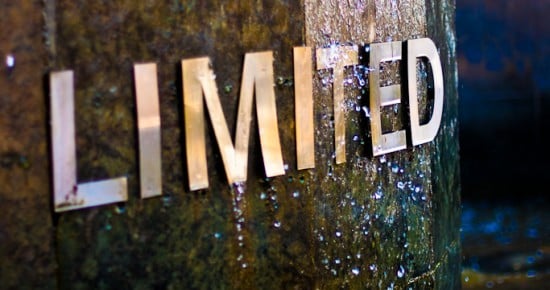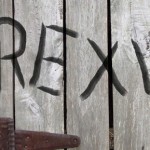“There is the stink of evil in it… Nature is not unnatural. This is not a righting of the Balance, but an upsetting of it. There is only one creature who can do that.”
“A man?” Arren said, tentative.
“We men.”
“How?”
“By an unmeasured desire for life.”
“For life? But it isn’t wrong to want to live?”
“No. But when we crave power over life—endless wealth, unassailable safety, immortality—then desire becomes greed. And if knowledge allies itself to that greed, then comes evil. Then the balance of the world is swayed, and ruin weighs heavy in the scale.” (Ursula Le Guin, The Farthest Shore)
I read those words this week with the cacophony of the presidential race playing the background of my mind and the more acute lament over the Orlando shootings heavy on my heart. The notion that “an unmeasured desire for life” might lie behind the evils that plague us resonated deeply.
And for those times when “evil” is too strong a word, perhaps even still the notion that our folly is spurred by an unmeasured desire for life deserves pause.
Clinging to life, desiring life, pursuing life, this set of functions is not only part of our evolutionarily programmed operating system, it’s part of the narrative of our democracy: all people are endowed with certain inalienable rights among which are life, liberty, and the pursuit of happiness.
And life is good.
And the pursuit of life is good.
We might even say that having money is good and safety is good.
The devil is in the adjectives. Unmeasured desire for life. Endless wealth. Unassailable safety. Immortal life. And maybe I would add unlimited power.
How do we end up with a world in which we think it makes sense of have weapons of mass destruction in the hands of any citizen who wants to them? We allow our narrative of protection and safety, the preservation of our life, to balloon with the notion of unassailable safety. And, we fail to respond to that narrative with an affirmation of the importance of safety and life.
It’s the adjectives that have to go. The nouns are the core of what can be a life-giving story.
How do we end up with corporations buying elections and policies? A shared commitment to our national religion of wealth. A shared commitment to the idea that, being a god, wealth must be infinite, endless. (Insert modified Simpsons quote here: “Nobody making money could be an evil man!”)
Maybe this is why our national debates are so intractable. Maybe this is what makes so many of our interpersonal as well as ideological conflicts so acute: everyone is pursuing a holy noun.
Be it life or God or safety or wholeness or provision, we have set our hearts on what is good. But we have gone on to imagine that the superlative of the good is a boundless and unassailable portion of it, not realizing that the limit of the gift might be part of the gift itself.













